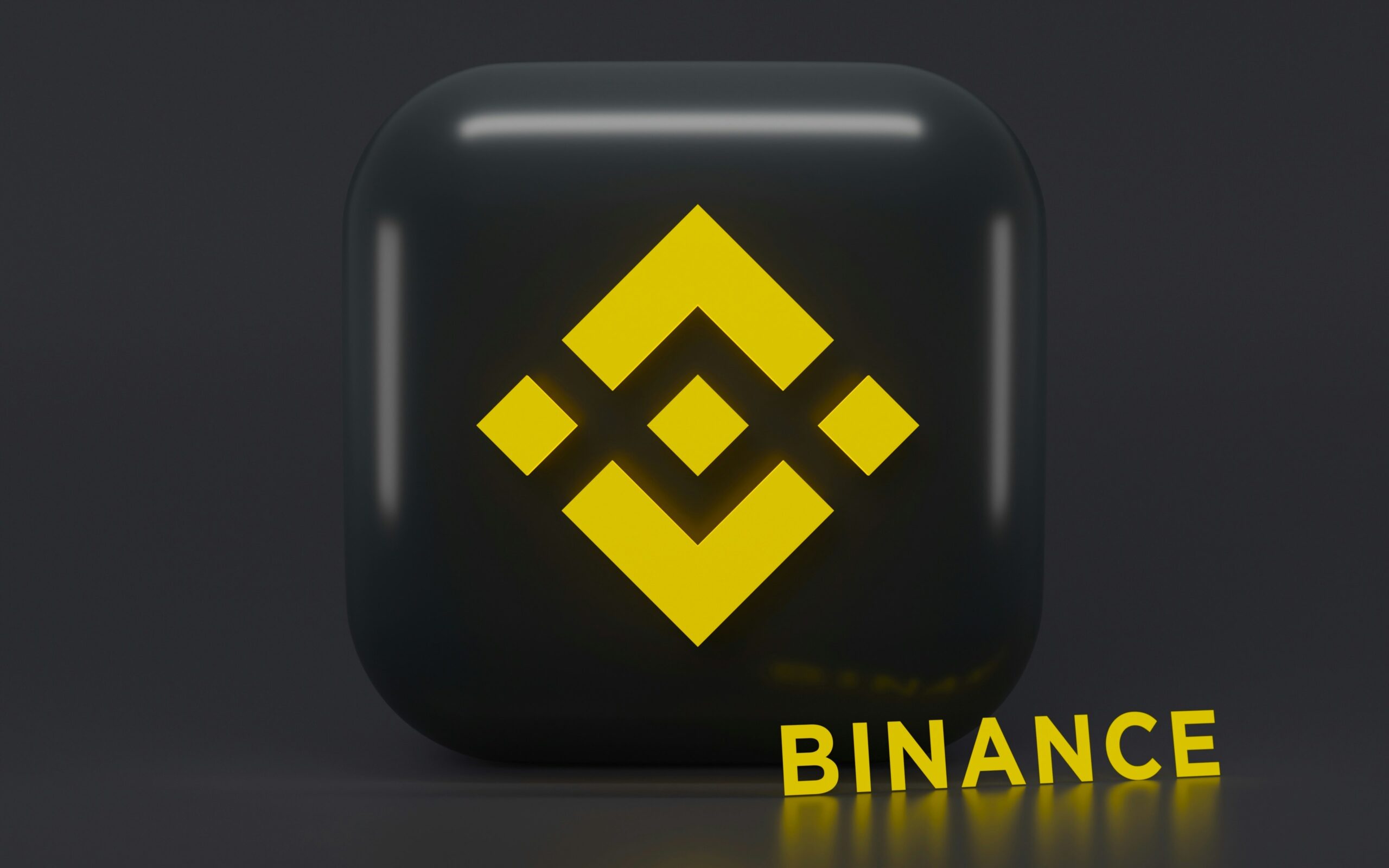
The classification of Binance Coin (BNB) as a commodity depends on regulatory perspectives, primarily those of key financial authorities like the U.S. Securities and Exchange Commission (SEC) and the Commodity Futures Trading Commission (CFTC). Here’s a breakdown of how BNB may be treated:
1. CFTC’s View: BNB as a Commodity
The CFTC has previously indicated that Bitcoin (BTC) and Ethereum (ETH) are commodities under the Commodity Exchange Act (CEA). While the CFTC has not explicitly classified BNB, its chairman, Rostin Behnam, has suggested that many cryptocurrencies (apart from Bitcoin and Ethereum) could also fall under this category.
-
Key factors supporting BNB as a commodity:
-
It is used to pay transaction fees on the Binance ecosystem (similar to how ETH is used for gas).
-
It functions as a medium of exchange and utility token within Binance Smart Chain (BSC).
-
The CFTC has sued Binance for alleged derivatives trading violations, implying they may treat BNB as a commodity.
-
2. SEC’s View: Potential Security Classification
The SEC has taken a stricter stance, suggesting that many cryptocurrencies (especially those with ICOs or staking rewards) could be securities under the Howey Test.
-
Why the SEC might consider BNB a security:
-
BNB was initially sold in an ICO (2017) to fund Binance’s development.
-
Binance promotes BNB’s value appreciation (e.g., token burns, staking rewards).
-
The SEC has previously targeted similar tokens (e.g., SOL, ADA, MATIC) as unregistered securities in lawsuits against exchanges like Coinbase and Binance.
-
3. Binance’s Legal Position
Binance has argued that BNB is not a security but rather a utility token. However, regulatory pressure (especially from the SEC) could influence future classification.
Conclusion: BNB as a Commodity (For Now)
-
The CFTC is more likely to treat BNB as a commodity, similar to Bitcoin and Ethereum.
-
The SEC may push for it to be regulated as a security, which could impact its trading in the U.S.
-
Outside the U.S. (e.g., EU, Singapore), BNB is often treated as a utility token or virtual asset rather than a strict commodity.
Implications if BNB is Officially a Commodity
-
Futures & Derivatives Trading: BNB futures could be more widely offered on regulated platforms.
-
Clearer Regulations: Could lead to more institutional adoption if classified like BTC/ETH.
-
Less SEC Scrutiny: Avoids securities-related legal risks.
